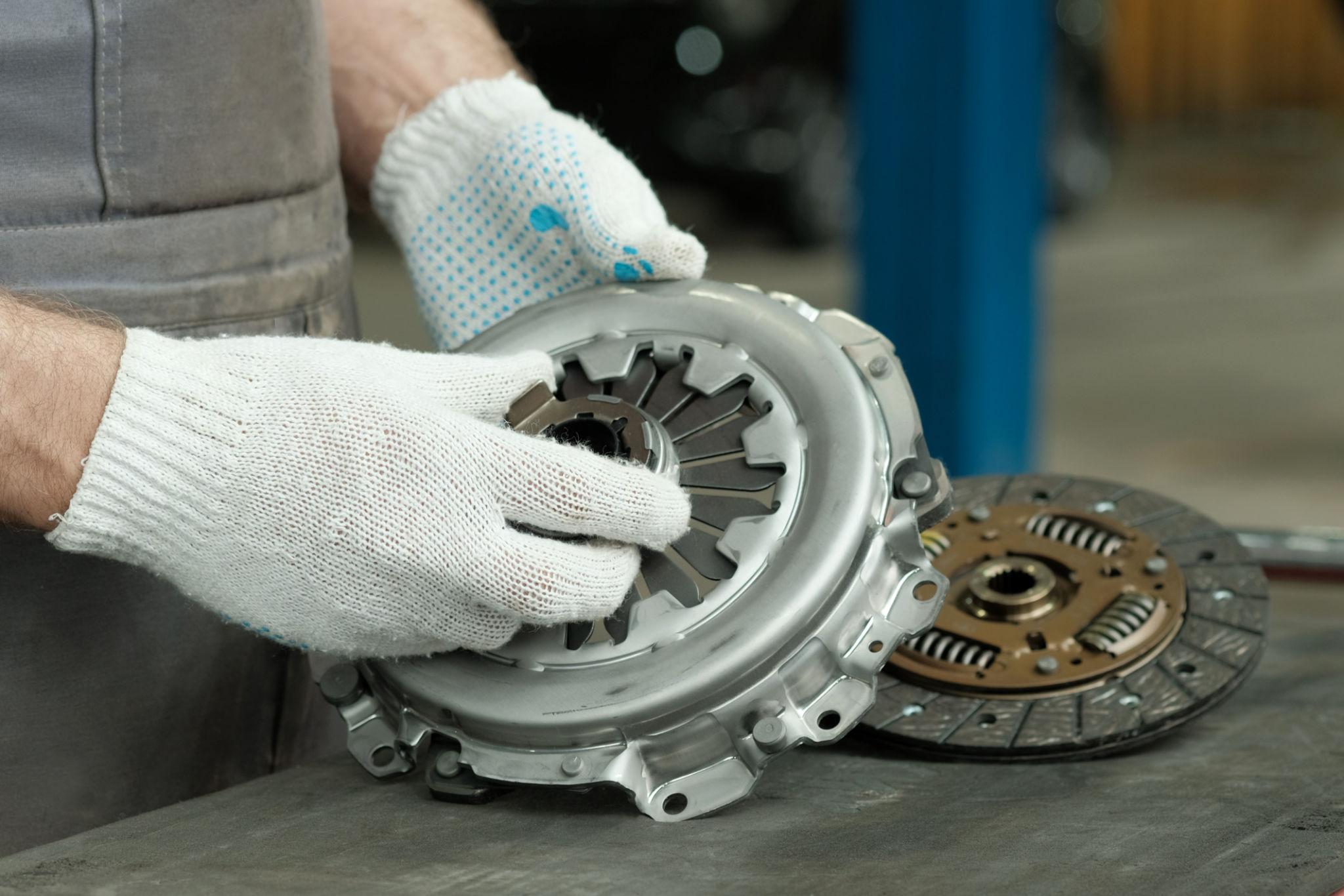Fleet Maintenance Myths Debunked: What You Really Need to Know
Understanding Fleet Maintenance Myths
In the world of fleet management, there are numerous myths that can lead to costly mistakes. Misunderstandings about maintenance can affect vehicle performance, reduce lifespan, and increase operational costs. By debunking these myths, you can ensure your fleet runs smoothly and efficiently.

Myth 1: Maintenance is Costly and Unnecessary
One prevalent myth is that fleet maintenance is an unnecessary expense. In reality, regular maintenance can save significant costs in the long term. Preventive maintenance, such as regular oil changes and tire rotations, helps avoid expensive repairs due to neglect. By addressing small issues early, you prevent them from becoming larger problems that require costly fixes.
Moreover, well-maintained vehicles are more fuel-efficient, which reduces overall fuel expenses. Investing in routine maintenance can lead to substantial savings over time.
Myth 2: Only Dealerships Can Handle Fleet Maintenance
Another misconception is that only dealerships have the capability to maintain fleet vehicles properly. While dealerships do provide specialized services, many independent mechanics are just as skilled and equipped to handle your fleet’s needs. These independent providers often offer competitive pricing and more personalized service.
It's essential to research and choose a reliable service provider with experience in fleet maintenance. This ensures that you get the best value and quality service without being tied to a single option.

Myth 3: New Vehicles Don’t Require Maintenance
The belief that new vehicles do not require maintenance is another widespread myth. Regardless of a vehicle's age, regular check-ups are crucial in ensuring it performs optimally. New vehicles still need oil changes, inspections, and other routine services to maintain their warranty and longevity.
- Conducting regular inspections helps identify potential issues early.
- Maintaining a service schedule can prevent unexpected breakdowns.
- Proper care maximizes resale value when upgrading the fleet.
Myth 4: All Parts Are Created Equal
Many fleet operators fall into the trap of believing that all replacement parts are the same. However, using genuine or high-quality aftermarket parts is crucial for maintaining vehicle reliability and safety. Inferior parts can lead to more frequent breakdowns and increased maintenance costs.

When replacing parts, ensure you choose reputable brands and suppliers that meet industry standards. This not only extends the life of your vehicles but also ensures they remain safe for drivers.
The Importance of Accurate Record-Keeping
Effective fleet management relies heavily on accurate record-keeping. Keeping detailed records of maintenance activities helps in tracking the performance of each vehicle and planning future maintenance schedules. It also assists in budgeting and forecasting expenses related to fleet operations.
By debunking these common myths, fleet managers can make informed decisions that enhance vehicle performance, reduce costs, and improve operational efficiency. Regular maintenance is not just a necessity; it’s a strategic investment in your fleet’s future.
